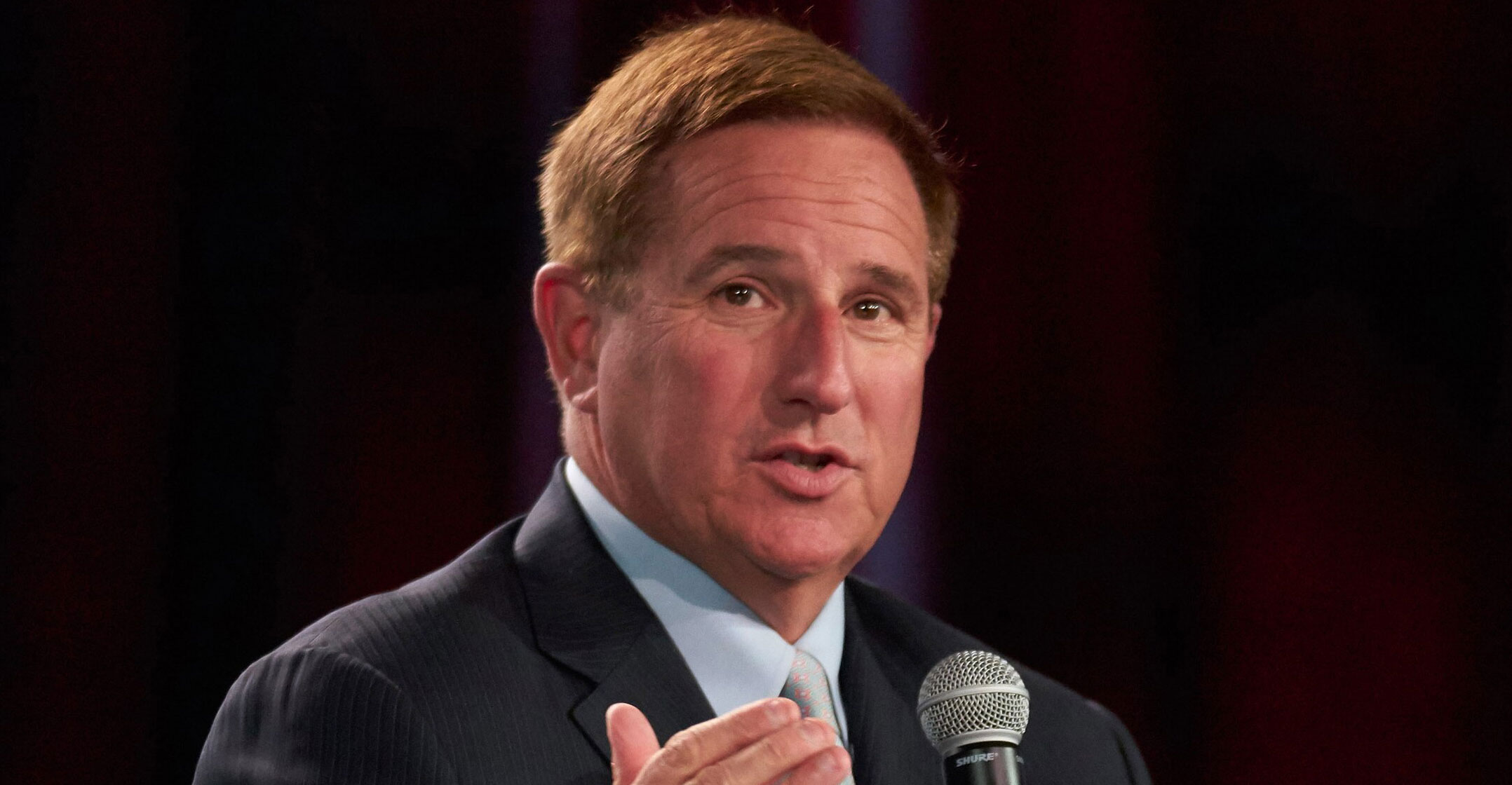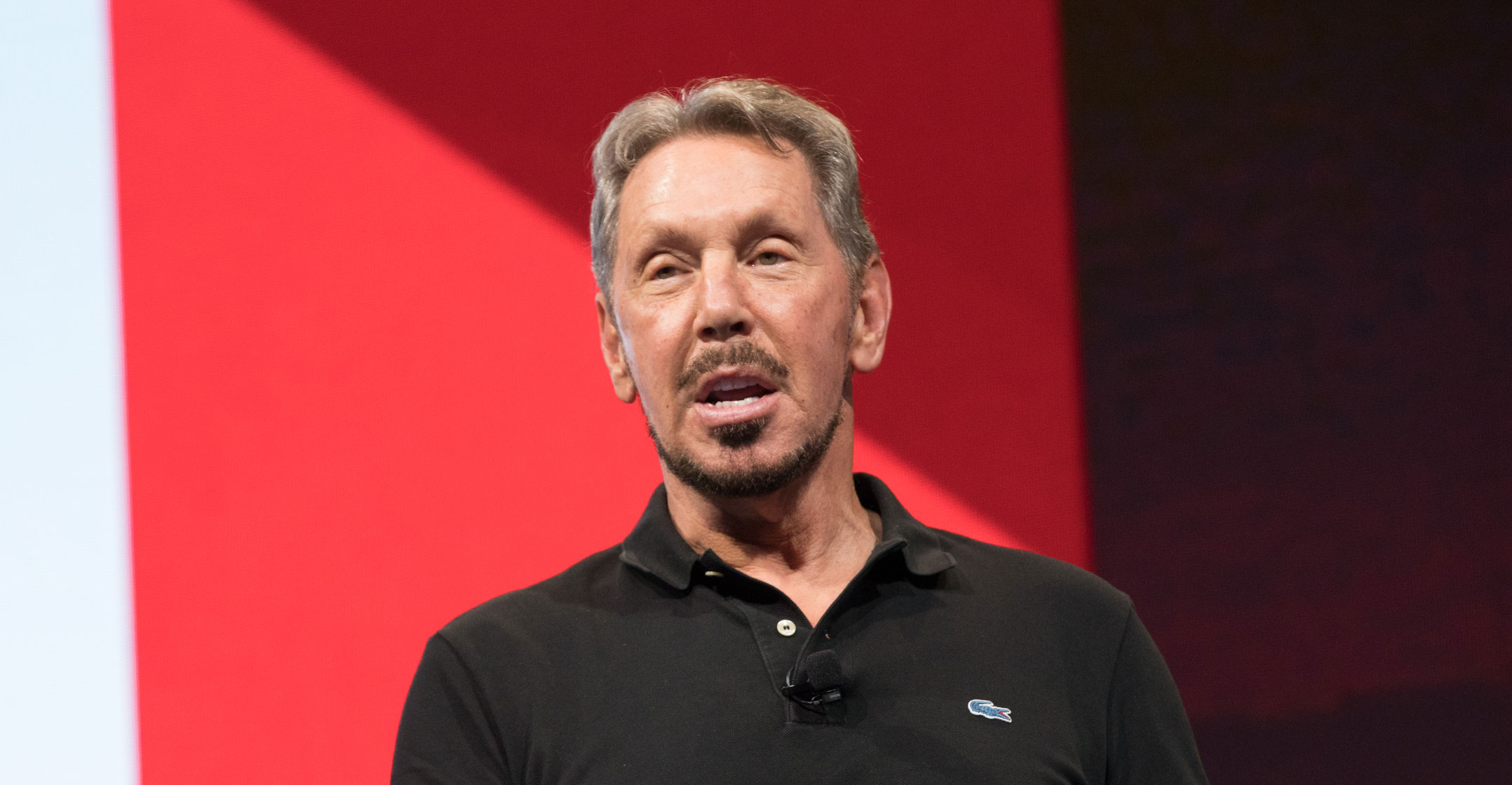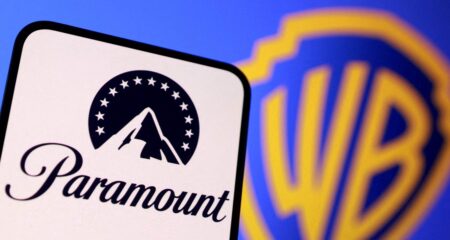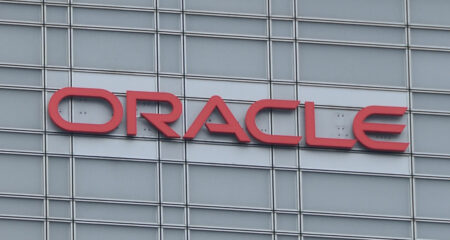
Mark Hurd was in his element at Indian Wells.
The tennis tournament — more formally known as the BNP Paribas Open at Indian Wells, California — provided him with the perfect backdrop to flex his passions: tennis and selling stuff.
Hurd turned the event, which Oracle co-founder Larry Ellison bought in 2009, into a two-week database and software sales extravaganza.
He could be seen strolling the grounds or at nearby hotels constantly schmoozing with customers and using his connections with tennis legends like Chris Evert and Rafael Nadal to win people over and help close a deal.
Along the way, Hurd, Oracle’s co-CEO, would sneak in a hit — he had a big serve and liked to flaunt it — or check on the American college players he was mentoring and the young pros he was quietly helping with financial aid. For Hurd, business and pleasure were one and the same and almost always intermixed in his life.
This is what I’ll remember most about Hurd, who passed away on Friday morning after a protracted illness: he was a relentless hustler and loved the art of doing business more than just about any other executive I’ve ever run across.
In a statement issued after Hurd’s death, Ellison pointed to his friend’s business acumen. “Oracle has lost a brilliant and beloved leader who personally touched the lives of so many of us during his decade at Oracle,” Ellison said. “All of us will miss Mark’s keen mind and rare ability to analyse, simplify and solve problems quickly.”
Tumultuous conditions
Hurd arrived at Oracle in 2010 under tumultuous conditions. He’d resigned as CEO of Hewlett-Packard after being investigated by the company’s board for a relationship Hurd had with a marketing contractor. The board argued that Hurd had tried to cover up the relationship and misused his expense account, and Hurd argued that they were wrong and making much ado about nothing.
The squabble was acrimonious enough to end Hurd’s time at HP, even though he had revived the company’s fortunes and turned it into a lean, mean maker of corporate technology products, printers and PCs.
At Oracle, Hurd applied his trademark skills at analysing balance sheets and streamlining operations to try and improve the software maker’s bottom line. He could recite from memory the financial minutiae of every division and be blunt about what was working and what needed to be fixed.

During his years at Oracle, the company’s share price more than doubled, and Hurd was a constant presence at the company’s events, sales meetings and customer sites. In many ways, he became the public face of Oracle, enjoying the limelight while Ellison made the occasional appearance and co-CEO Safra Catz preferred to operate in the background.
Though Oracle remains the dominant database company, it still has much work to do to catch up in the booming market for cloud-based software and services. Oracle was late to the game modernising its products. Hurd tried his best to paper over Oracle’s weaknesses through salesmanship and often succeeded.
One of the biggest weaknesses throughout his career, though, was favouring bottom-line performance over investing in research and development and revolutionary new products. Hurd often seemed to focus on the here and now, rather than plotting for what lay ahead.
Oracle’s dual CEO structure was unusual and not always to Hurd’s liking, as he revelled in controlling a business and overseeing all of its operations. He took on sales, marketing and press and investor relations, and Catz handled finances and legal.
Last month, Oracle said that Hurd was taking a leave of absence for an unspecified illness and that Ellison and Catz would assume his responsibilities. Ellison has said that Catz will stay in place and that he would like to keep the two-CEO structure. He cited Don Johnson, head of Oracle’s cloud infrastructure division, and Steve Miranda, head of Oracle’s applications unit, as possible partners to Catz in the future.
Not easy to replace
What’s clear is that Hurd will not be easy to replace. On a personal note, he shared a tight bond with Ellison around tennis. The two men have been pumping money into American tournaments and players for years, hoping to spark a revival of US male pros. And, when Hurd was at his lowest moment after the HP fiasco, it was Ellison who came to the rescue, championing Hurd in the press and offering him a high-profile gig at Oracle. These actions — along with massive annual pay packages — made Hurd very loyal to Ellison and left Hurd as eager as ever to prove Ellison right and his critics wrong.
Not short on ego, Hurd saw business as a battlefield and perceived himself as a master general. On his worst days, he was short of temper and combative. But, on his best days — of which there seemed to be many — he was a numbers and strategy savant with a rare ability to inspire those under him to work incredibly hard. Hurd himself was a workaholic and considered Oracle’s performance as a reflection on his character. Very few people are as committed to their work or as passionate in their pursuit of it. — (c) 2019 Bloomberg LP
- Vance covered Hurd for 15 years in his roles as CEO of NCR, HP and Oracle and even played tennis with him once




